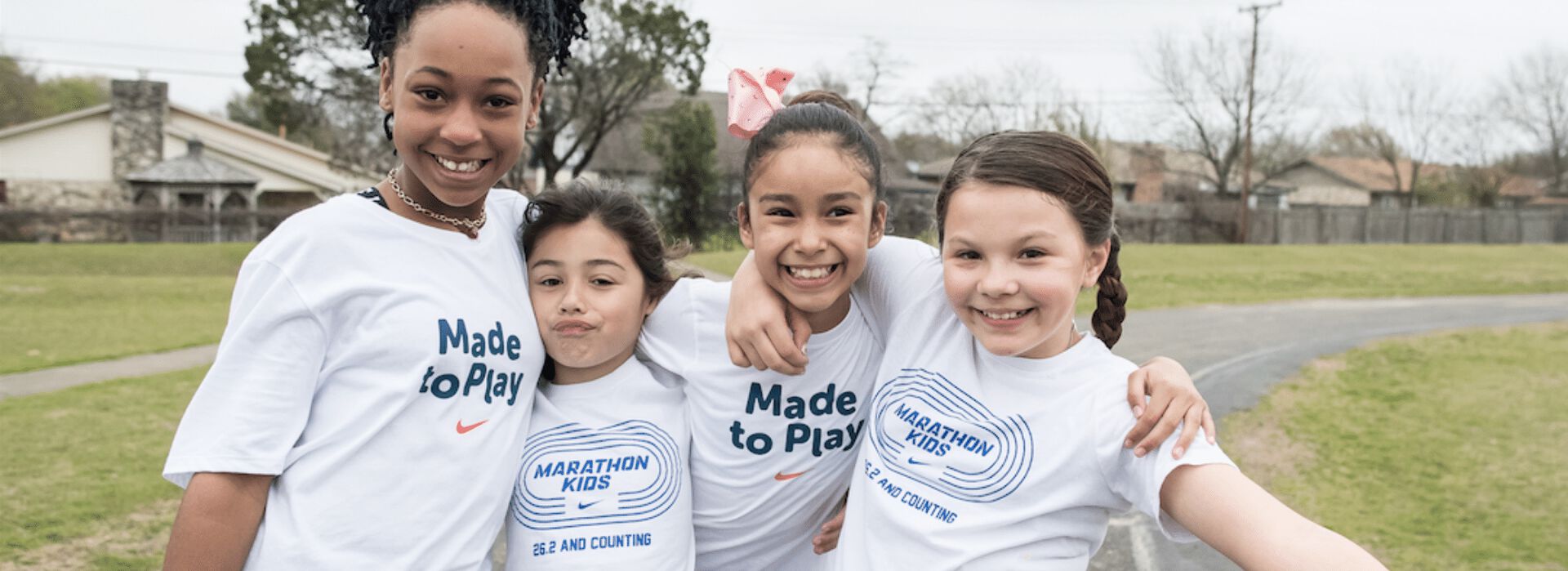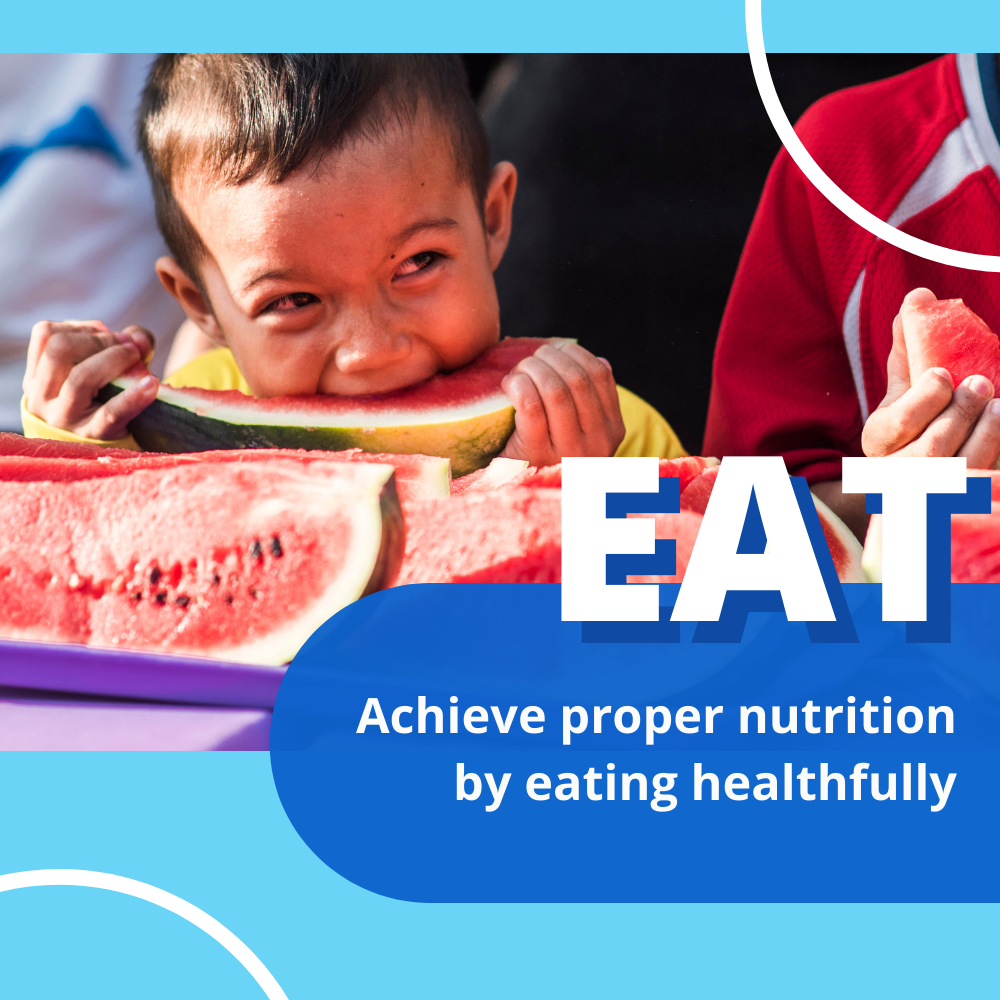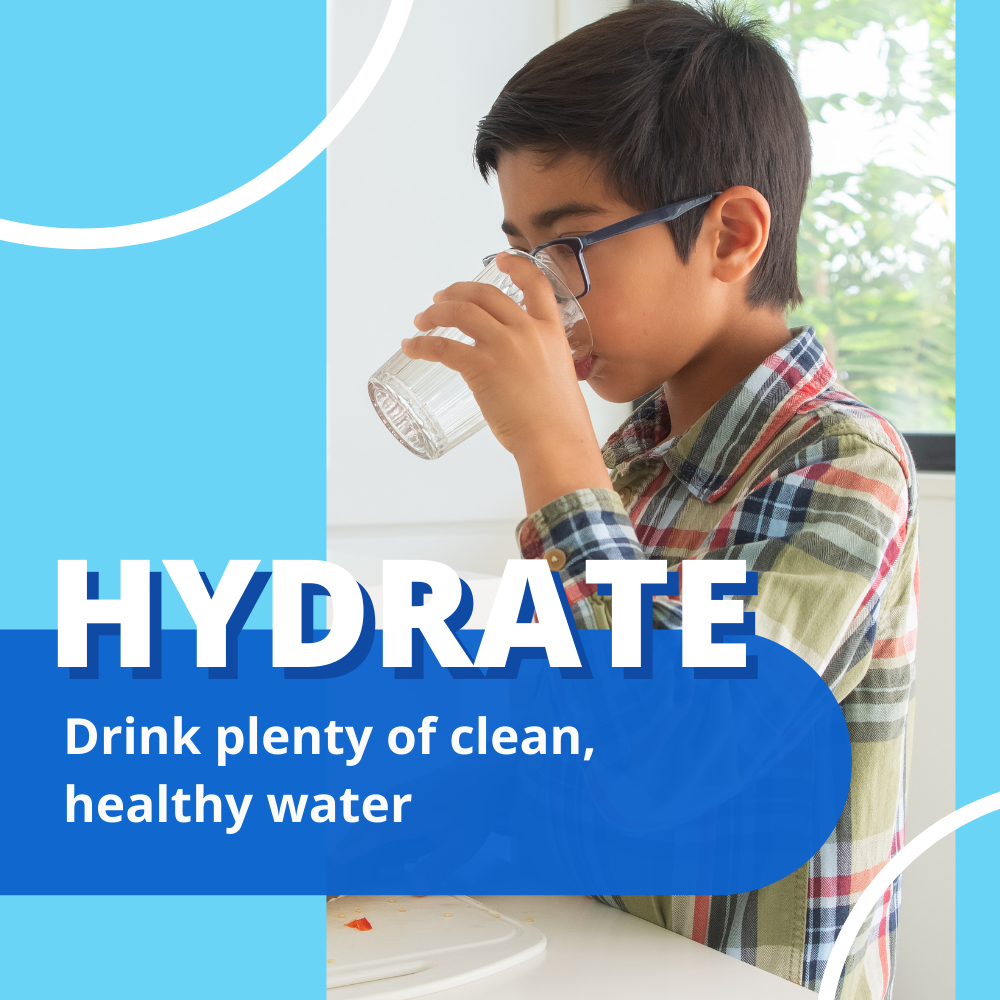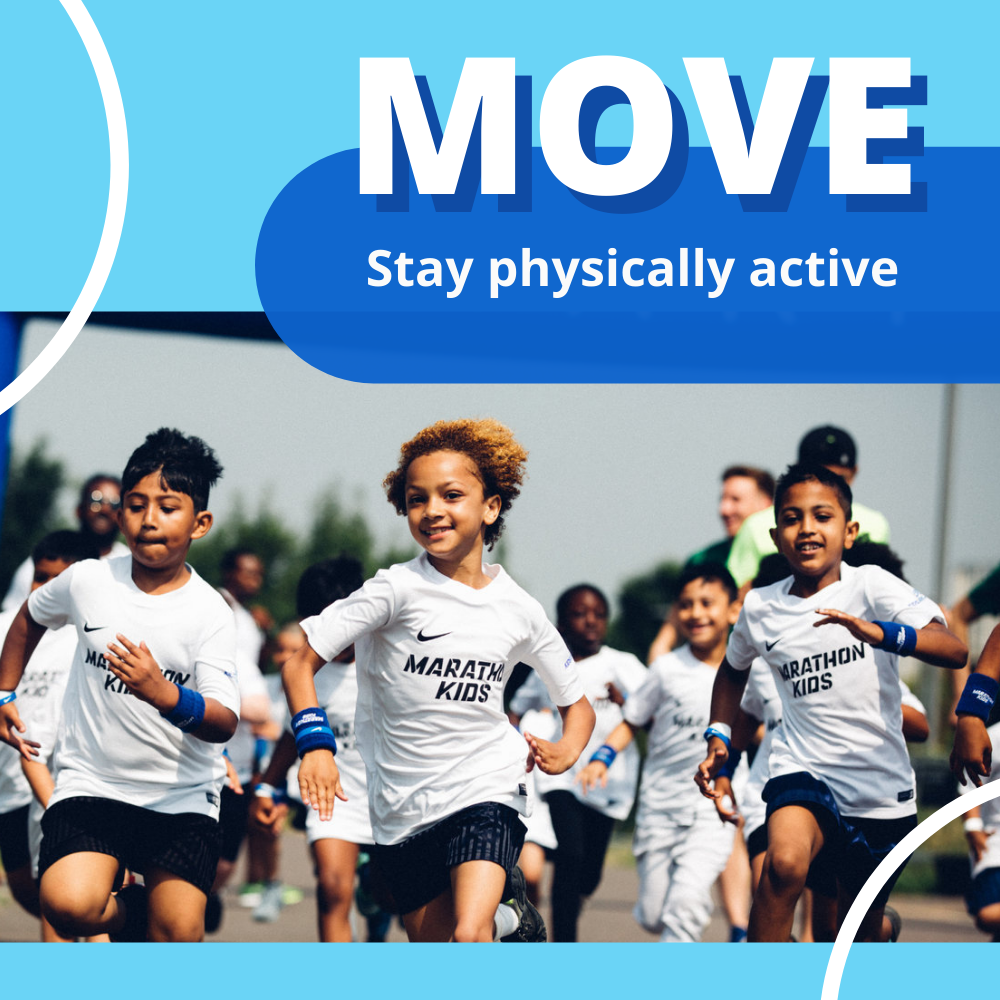Tie physical activity and healthy food together. Take children to a farm stand at local farms, meet the farmer, walk the rows, and taste. Grow your food in the yard or outside in pots to get kids involved in the natural process, giving them ownership. Keep everything as close to the source and natural as possible. As the plants grow, introduce recipes with stories about their origin/place. Tell them the story (e.g., show them a documentary), creating good habits AND tolerance! Growing their own is also a great way to get picky eaters to taste new vegetables.
Additionally, the Nostalgic Palate is a personal theory of mine. The palate evolves at a very young age, and more importantly, creates palate memories that we can never erase – for better or worse. If we grow up eating junk (you define - fast food, heavily processed and packaged foods, etc.), it is those foods that will bring nostalgic comfort in adulthood, becoming the go-to in times of stress. This 60-year tradition in America has spawned many sad outcomes. Obesity, diabetes, and bad habits are passed down by generation….it is not a “Happy Meal”.
At the end of the day, remember to cook with your children, eat with your children, and eat the same thing. No kids anything!
Expert: Cami Hawkins, CEO of Marathon Kids
Regular physical activity has been proven to help alleviate anxiety in both children and adults, so in times like these, staying active is more important than ever. Fortunately, Marathon Kids has lots of great resources and suggestions for ways to keep your kids active at home — including running and walking, two of the most basic ways to move our bodies.
Remember that positive modeling from the important adults in their lives helps children of all ages. Translation: Parents being active with their kids benefits everyone involved! Tackling physical activity as a family will help your children make moving their bodies a lifelong healthy habit and will help you stay physically and mentally healthy as well.
Visit MarathonKids.com for free resources, tips and ideas to get the whole family moving today.
How Aquasana can help
Expert: Derek Mellencamp, General Manager at Aquasana
One of the easiest ways to get your family to drink more water is to invest in a quality water filtration system. By removing the chlorine and contaminants from tap water, it not only tastes and smells significantly better, it’s better for you, too. This can be as easy as finding the perfect filtered water bottle for kids to carry at school, filling up with filtered water from the kitchen faucet, or investing in a whole house water filtration system for clean, healthy water from every tap in your home.
Aquasana is thrilled to help an organization like Marathon Kids set children on a long and healthy path through adulthood. We believe having access to clean, filtered water is essential to overall wellness and proper nutrition. As a parent myself, keeping our kids healthy, hydrated and active feels more important — and challenging — than ever. We’re proud to support Marathon Kids in directly impacting the lives of school children across the nation.

Join the Marathon Kids cause
Research shows that when kids feel healthy, they perform better in school, make better choices, and exhibit better behavior. Marathon Kids' purpose is to increase daily physical activity by engaging kids in a positive, goal-driven program that challenges them to run, jog, walk or move over the course of a season. The program uses a volunteer-led coaching model combining award-winning technology and evidence-based practices to build a structured physical education program. Active kids need plenty of water daily, and they can work with their Marathon Kids coaches to set hydration goals along with their daily distance targets.
For 26 years, Marathon Kids has transformed the lives of millions of children through running programs at schools, community-based organizations, and camps. The non-profit will use Aquasana’s generous donation to help more children of all backgrounds and abilities to access the non-profit’s programming, set healthy habits and achieve more than they ever thought possible.
Join us this National Nutrition Month in establishing new healthy hydration habits and drinking goals. To learn more about Marathon Kids, including how to support their efforts, visit www.marathonkids.com.
* Hall KD, et al. From calories to weight change in children and adults: the state of the science. Healthy Eating Research. (2016).



